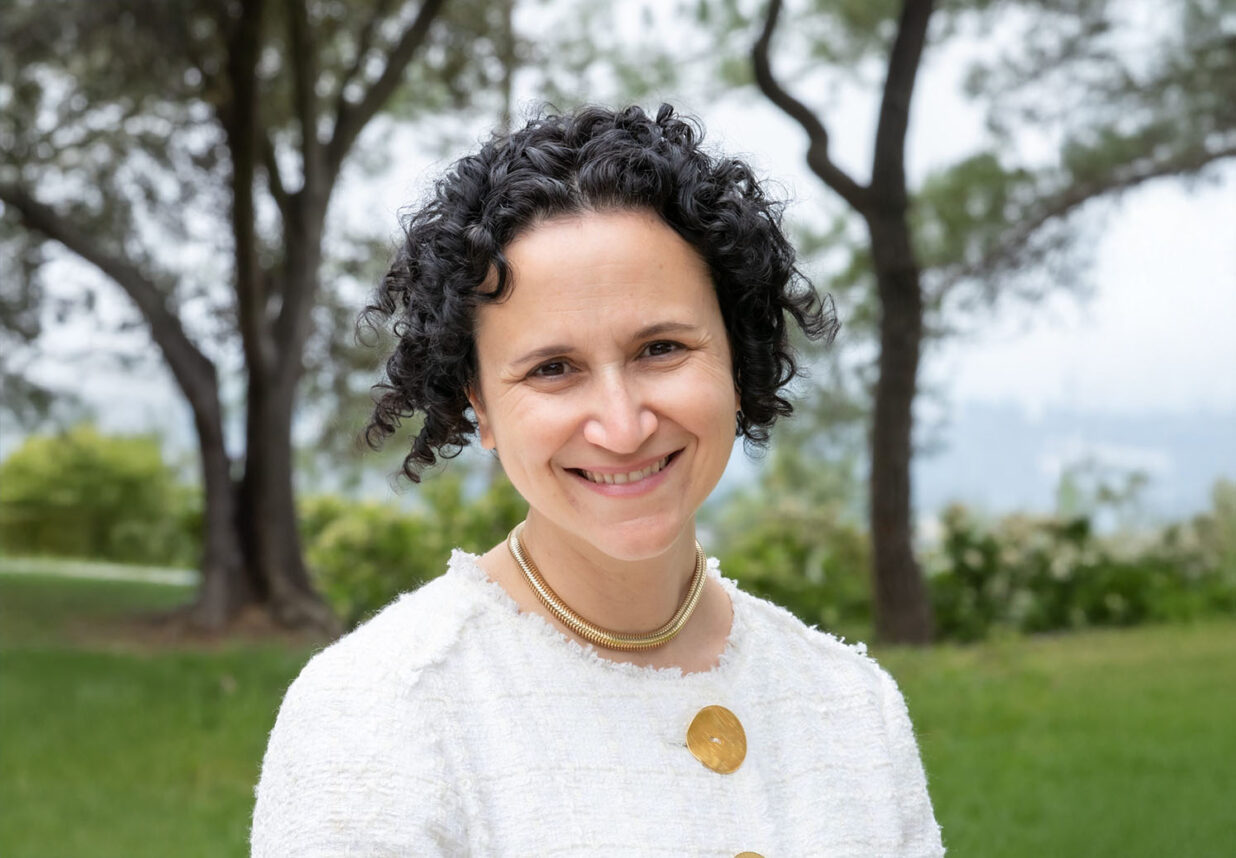qayits
“summer”
The Hebrew names of the seasons are associated with farming life, as aviv “spring” originally meant “green ears of corn” (Leviticus 2:14) and qayits “summer” meant “cutting, harvesting ripe fruits,” especially figs (Jeremiah 40:10, 12; Isaiah 28:4).*
Modern Hebrew needed new words for summer and drew from the Aramaic loanwords (and cognates): qayTanah “summer camp,” qayiT “summer vacation,” me’on qayiT “summer resort” and qayTan
“summer vacationer.” **
*The English word summer is related to Sanskrit sama “season, half-year.” In the Bible, too, just summer and winter may be used to “summarize” the whole year, as in: “So long as the earth endures, seedtime and harvest, cold and heat, summer and winter, day and night, shall not cease” (Genesis 8:22) and “The day is Yours, the night also … summer and winter —You made them” (Psalms 74:16-17).
**And the Arabic loanword Hamsin “(one of the very hot) ‘50’ (days of the year).”
Yona Sabar is a professor of Hebrew and Aramaic in the department of Near Eastern Languages & Cultures at UCLA.






















 More news and opinions than at a Shabbat dinner, right in your inbox.
More news and opinions than at a Shabbat dinner, right in your inbox.